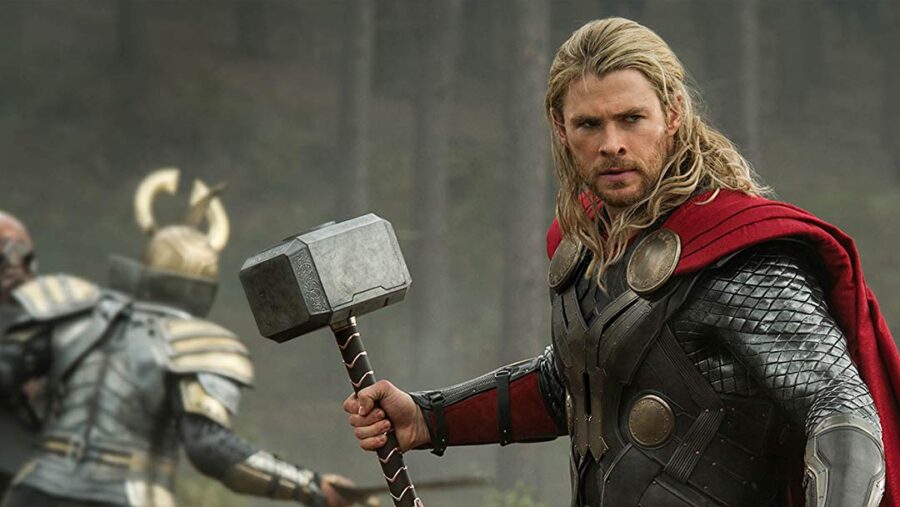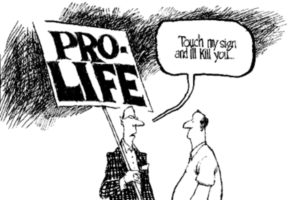When it comes to super-heroes I am a Batman guy all the way. It certainly doesn’t hurt that the Oscar-worthy Christopher Nolan is the mastermind behind the resurgence of Batman’s popularity and Joel Schumacher’s grubby paws are nowhere near the franchise (although he did apologize). Yet, even before Nolan I preferred Batman to others, especially Superman (It also goes without saying that I prefer DC to Marvel). The perennial question, ‘Who would win in a fight, Batman or Superman?’ is mute. That’s like asking whether a freighter is more powerful than a kayak. Of course, Superman wins! But that doesn’t earn my affection for a moment. Batman is awesome precisely because he has no powers. That makes him a true hero in my mind. Superman is certainly super, but he ain’t a man. He’s an alien! So, naturally, when I think of Thor I shudder. We’ve gone from the realm of men to aliens and now to Norse gods! It’s no longer fun at that point. Of course, the great equalizer among superheroes is their love of women. But, the story of Thor manages to pull something off that makes his story as a super-hero worthwhile. He undergoes what one might call a kenosis, or an ’empty-ing’ of his divine attributes in his descent to earth.
While I was watching the movie in the theatre on opening night (with friends who drug me out of the library I must add), I wasn’t particularly impressed. I found certain elements of the movie to be pretty lame: Thor’s cheesy hammer that can basically do everything, Natalie Portman’s acting (although she deserved the Oscar for Black Swan), and Loki’s silly praying mantis style helmet. Yet, on this day (9/13) that Thor becomes available on DVD I thought I should submit an entry on the value of Thor for theology, albeit antithetically.
Although I don’t know enough about Marvel comic-books (or Norse mythology for that matter), there are some superficial parallels between Thor’s story of pre-existent glory, life, death, and exaltation with that of Christ. In Philippians 2.5-11 we find the classic text that overviews the ‘stages of Christ’s work.’ Here we read that Christ pre-existed ‘in the form of God’ as Phil 2.6 states, but then in his incarnation he took the form of a servant and was obedient to death (Phil 2.7-8). Different translations offer various interpretations for what took place in this ‘incarnation.’ Some read ‘made himself nothing’ (so ESV; NIV), or ‘gave up his divine privileges’ (so NLT), or even ’emptied himself’ (so NRSV; NET). The Greek word in question is ἐκένωσεν (ekenōsin). Many interpreters have thought that what is described here in Philippians is an emptying of attributes. That is, the Son of God, as the Second Person of the Trinity, was always omniscient, omnipresent, and omnipotent, but when he became a man he had to discard those qualities so that he could be a real man and thus learn new things (Luke 2.52), sleep (Mark 4.38), and eventually die (John 19.30). However, this is not the proper way to think of Christ’s kenosis. Rather than discarding divine attributes, a human nature was added. That human nature was fully and completely human in every way. It was added to the divine and eternal Son of God in the incarnation through what theologians call the Hypostatic Union. It was therefore an emptying by addition. When the Son of God took on the form of a servant he did not lose any divine attributes. It would be like a Corvette participating in mud bogging. The Corvette does not lose any of its Corvette-ness, but it certainly gains a ton of mud! In the same manner, the addition of the human nature to the divine does not compromise the divine since the attributes of the two natures are separate. As the Chalcedonian Definition of 451 asserts, “the distinction of natures being in no way annulled by the union, but rather the characteristics of each nature being preserved…” Thus, as I was watching Thor I realized that the movie was particularly valuable for communicating a proper Christology; asserting emphatically that the kenosis of Christ is not like the kenosis of Thor! When Thor was exiled from his home planet Asgard by his father Odin, he lost all of his divine abilities. Thor became a mere mortal in his ‘incarnation,’ however the Son of God added a human nature in his incarnation. Thus, it would not proper to call Thor’s experience an ‘incarnation’ either since he did not add a new human nature in the experience. He merely lost attributes. These are important distinctions to make for good orthodox Christology, and I’m grateful for a popular medium like Thor to make the discussion of kenosis a bit less abstract.





3 Comments
Leave your reply.